Join us at Trento
How to participate
The LION-APP Summer School is based not only on frontal lessons but on intense cross-disciplinary debates
among lecturers and participants that address the most advanced and emerging areas of each topic.
Each faculty member presents lectures and discusses with the participants during the school, a unique opportunity to fully explore their expertise.
The school will involve a total of 40 hours of lectures. According to the academic system the final achievement will be equivalent
to 8 ECTS points for the PhD Students and the Master Students attending the summer school. A Certificate of Attendance will be given to all participants at the end
of LION-APP. On request, in particular for PhD students, a final exam will certify the successful completion of the courses.
Registration fee
To encourage a rich interaction, participation is limited and registration is on a first-come first-served basis.
Register at Unversity of Trento website.
The registration fee includes participation in all courses and collateral school and conference activities, social activities (including social dinner, social trip,
additional evening activities), lunches and coffee breaks for the entire school duration. The organization is non-profit, we aim at covering the costs.
If you belong to an Italian public institution you need: invoice data for IT public institutions (.doc).
If you are an employee of UNITN, fill in: afferenti UNITN (.doc).
The minimum number of pages is 4, the maximum is 10.
Submission System
All papers must be submitted via EasyChair through this link.
Venue, travel, accommodation
"Sociale" Opera House at Trento
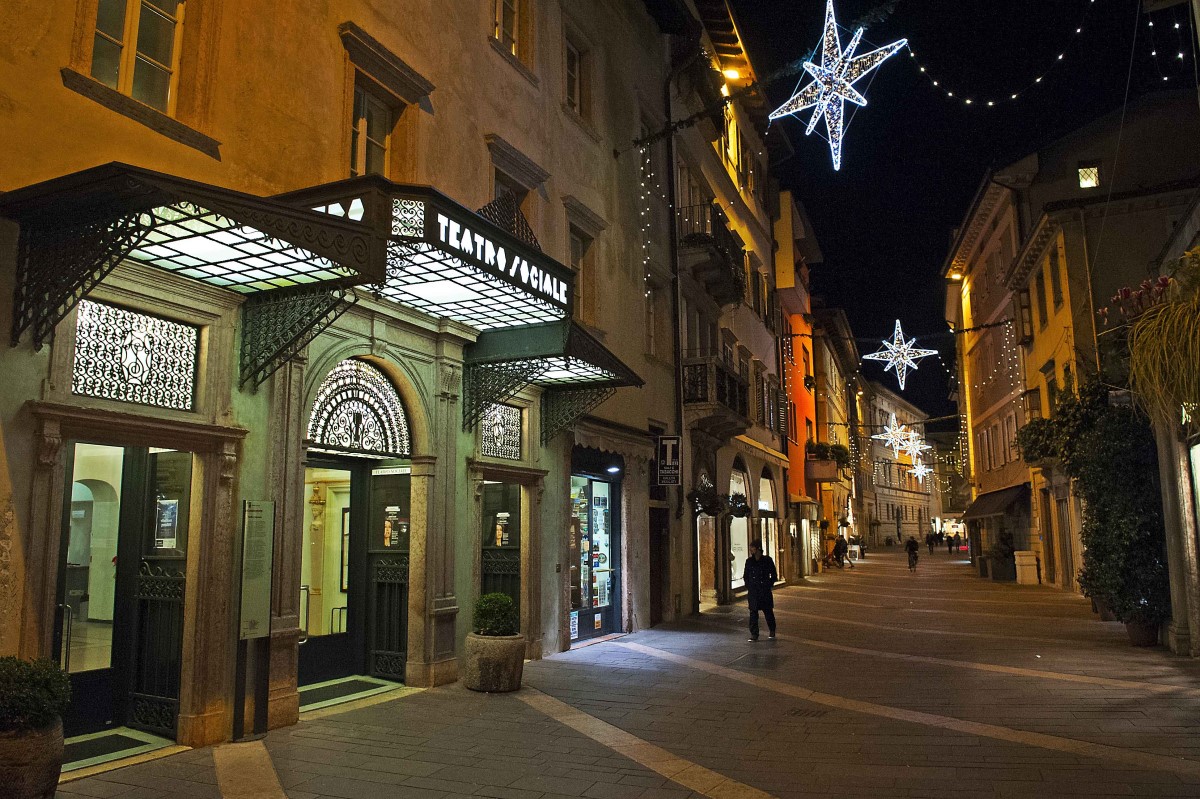
LION-APP venue is the historic "Sociale Opera House" in the center of Trento (
Via Paolo Oss-Mazzurana, 19, 38122 Trento TN), inaugurated in 1819 and completely restored in 2000,
just above Roman excavations dating back 2000 years (which can be visited).
The complete theater seats 754 people. For this edition we will use the foyer plus additional rooms for poster presentations, parties, roundtables, etc.
The place is awe inspiring but at the same time confortable and efficient, in the tradition of Trentino pragmatism and hospitality.
Trento, Trentino - Südtirol, Italy
Trento is located in the northern Italian region of Trentino - Südtirol.
Trento is an educational, scientific, financial and political centre, often ranking highly for quality of life, standard of living, and business opportunities.
Among relevant conferences in the past, Trento/Trient hosted the Council of Trent (1545-1563).
LION-APP will be less spiritual and of shorter duration.
Close to Trento is Lake Garda, the largest lake in Italy, on the edge of the Dolomites mountains (fossile giant coral reefs).
Glaciers formed this alpine region at the end of the last Ice Age.
The region is well-known for historical places dating back to Roman times, cultural visits, rock climbing, mountain biking, sailing and windsurfing.
Hundreds of hotels, bed & breakfasts and different accommodations are available to participants, for different budgets.
The historic center of Trento, where the School is located, has a diameter of a 10-minutes walk. If you stay around Trento, the view can be spectacular
but consider some commuting time.
Participants are welcome to pick their favourite hotel. Only remember to book hotels in advance,
July is high season and Trentino is a popular touristic destination. Some suggestions follow.
- Hotel Villa Madruzzo, a beautiful historic villa on a hill, about 5 min by car from the historic center.
- Grand Hotel Trento, a top-quality business-style hotel, at walking distance from the train station.
- Hotel America, a cozy hotel in the historic center.
- Hotel Aquila d'Oro, recently renovated, in the historic center with a view of the cathedral.
- Hotel Accademia, in an historic building, just a few steps from the university and the train station.
Properties can be found and booked for example on
Booking.com or Airbnb.com .
Even better, reserve directly at hotels if you can.
Please note that University of Trento and LION-APP organization are not handling accommodations, which are entirely up to your choice and responsibility.
Closest airports are Verona (90 km), Bolzano (50 km), Milano-Bergamo, Treviso and Venezia (170 km). Bolzano is very small, we suggest you opt for the bigger airports.
Verona, Milano-Bergamo, Treviso and Venezia offer many low-cost flights from most European cities.
Directions to Trento can be found by
Google maps.
We are aware that an important value of a school is to create opportunities for people to know each other, to discuss, to generate new ideas.
Also to facilitate this informal interaction, as part of LION-APP we plan to organize various social events.
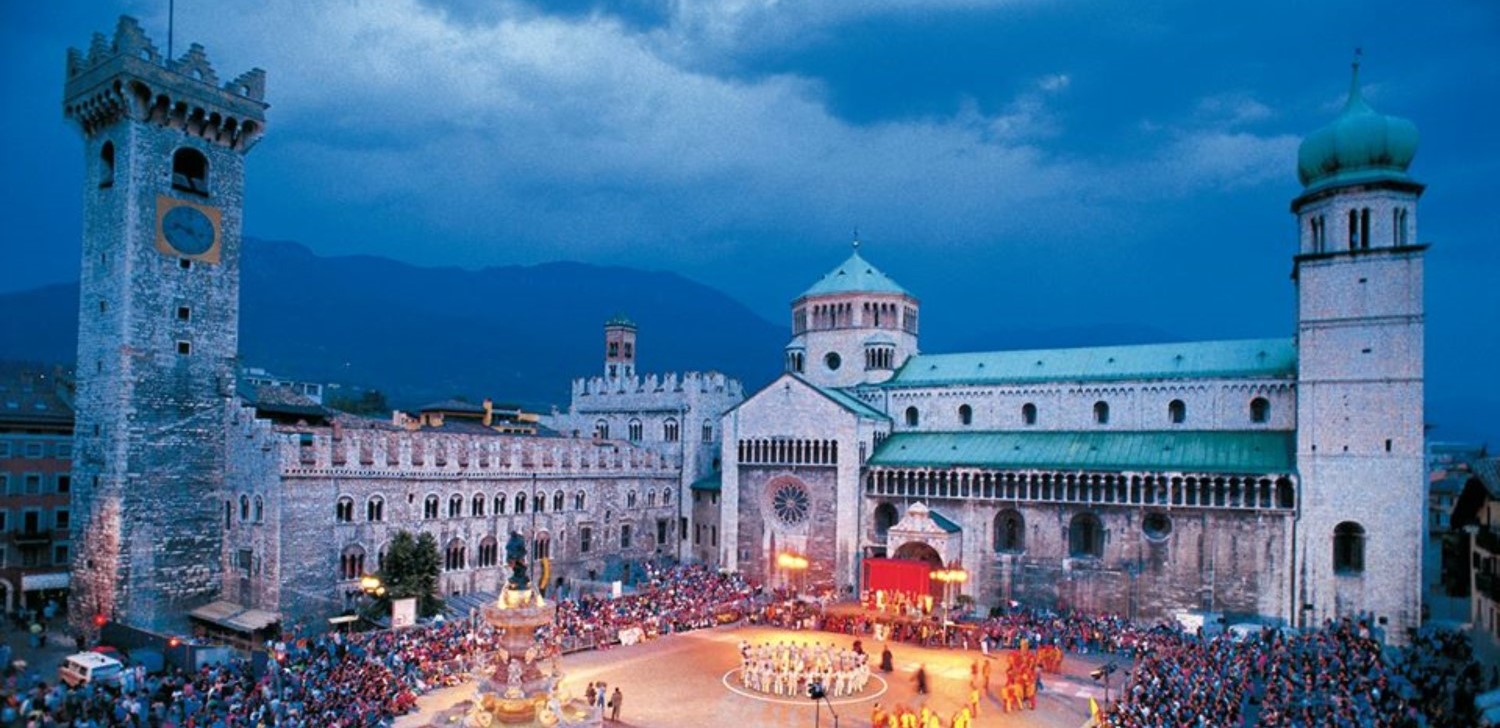

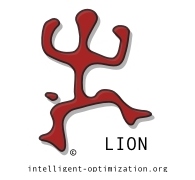






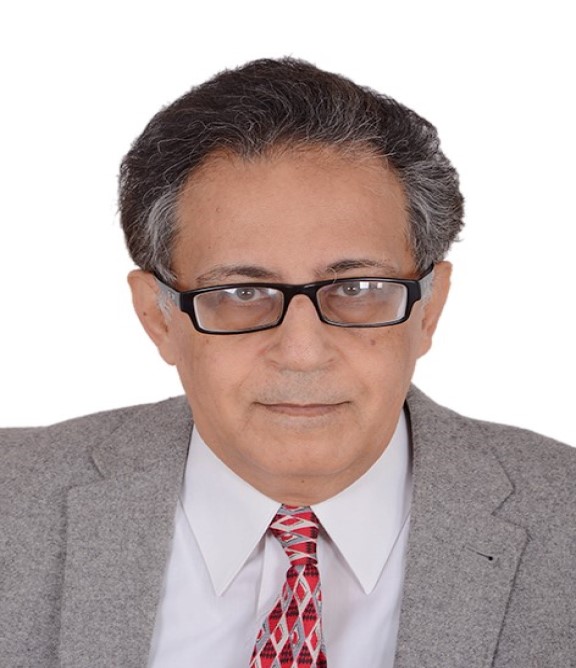
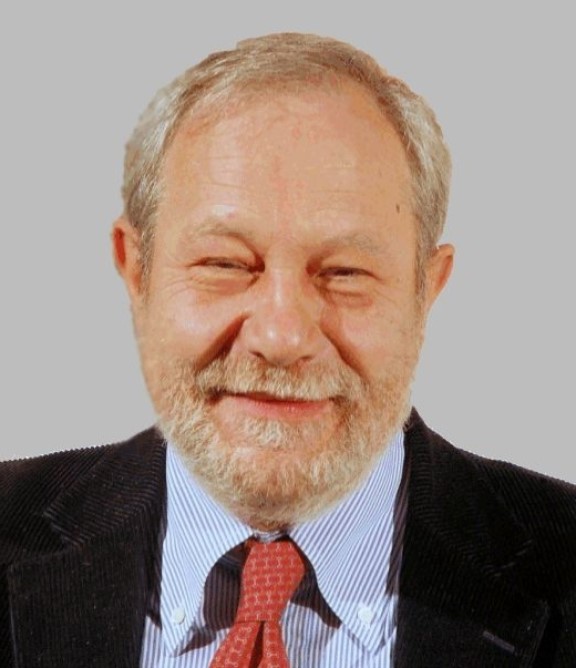
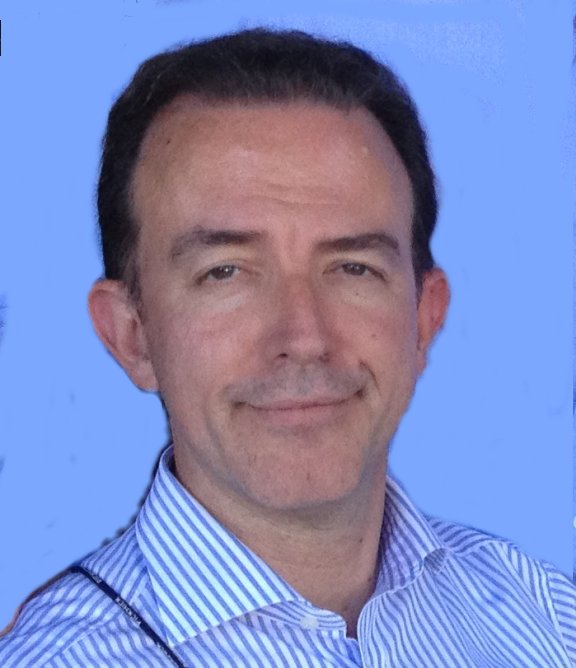
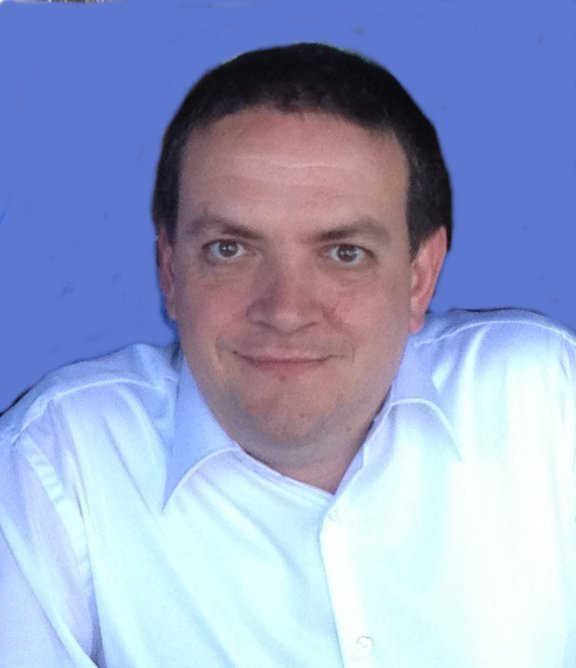
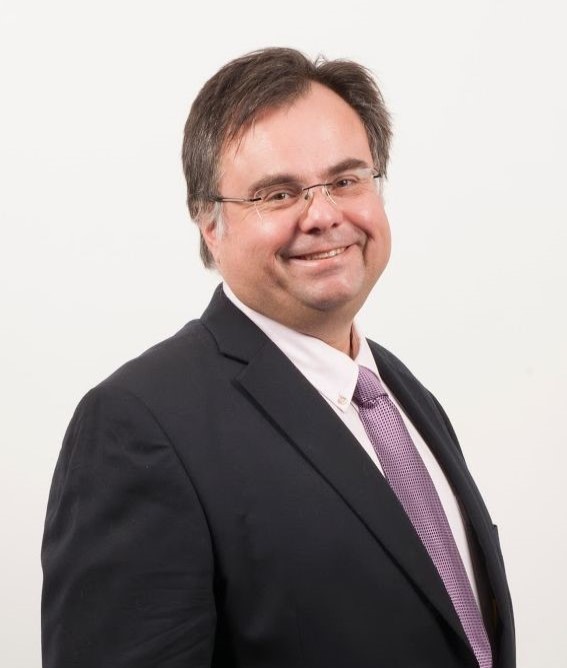
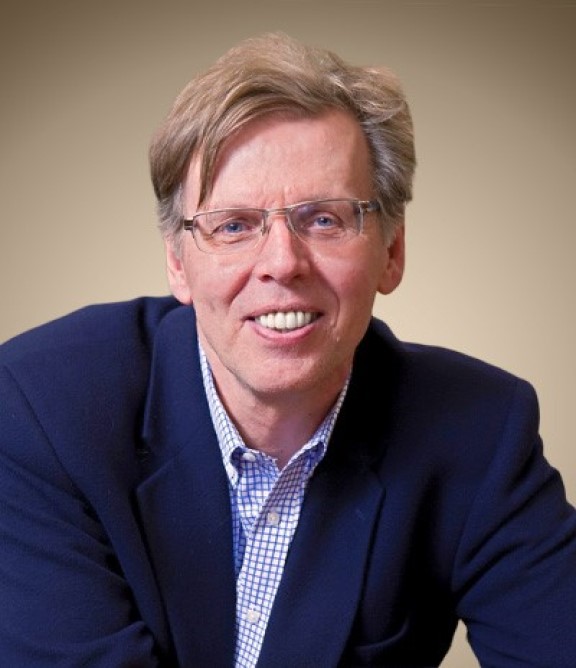
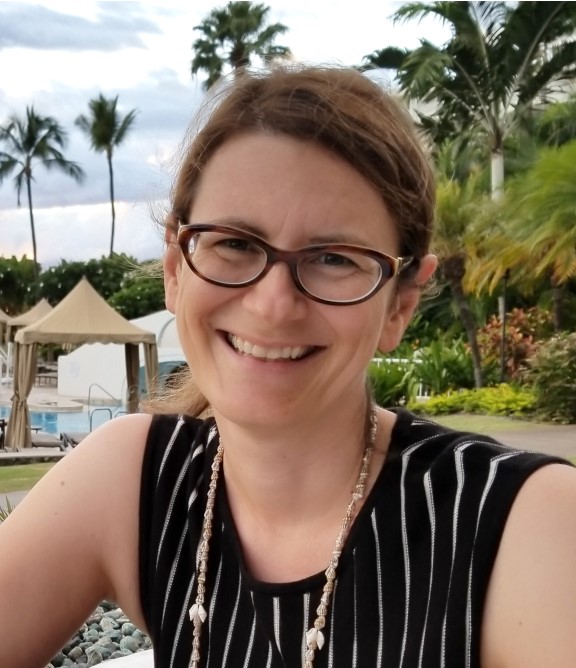
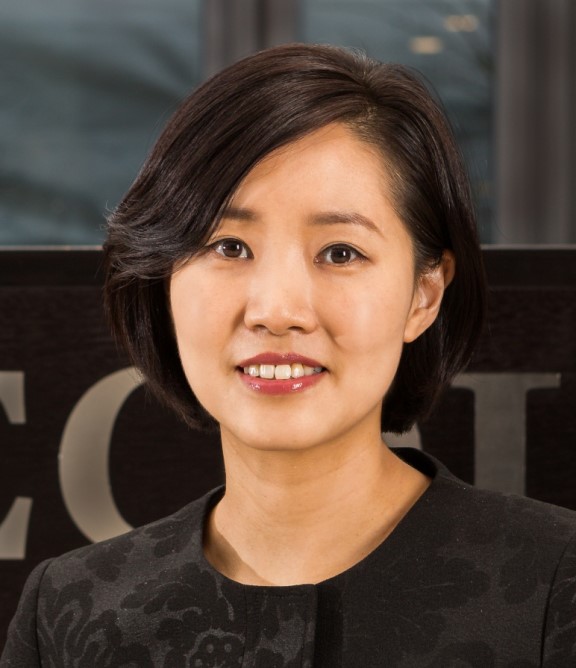
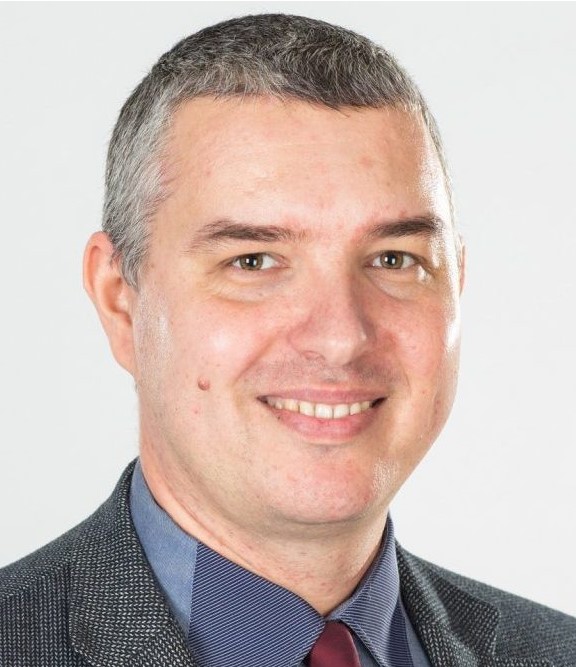
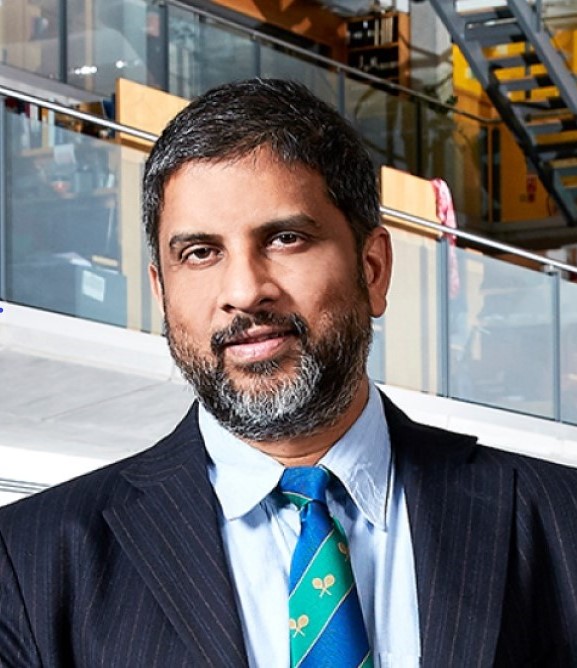








































































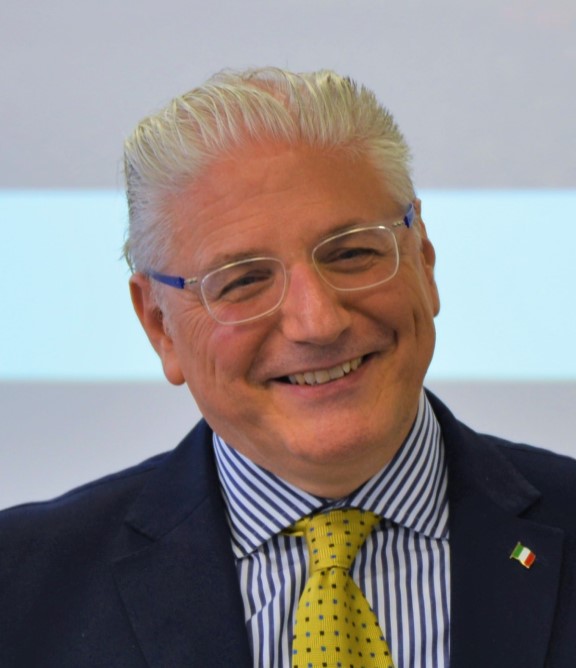
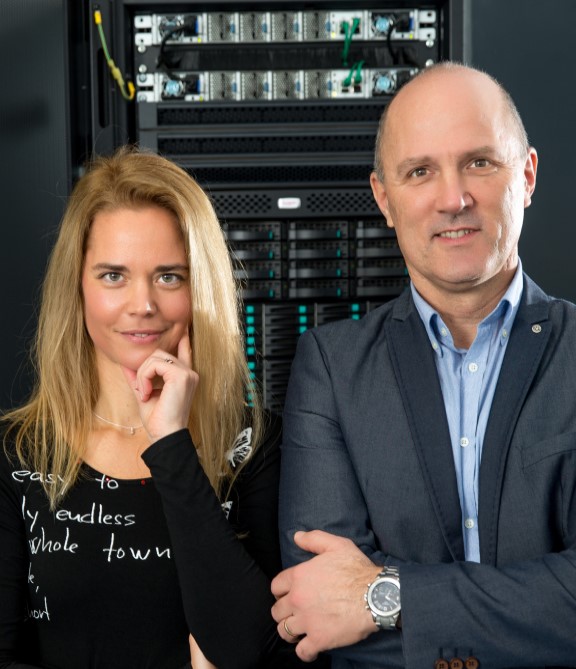
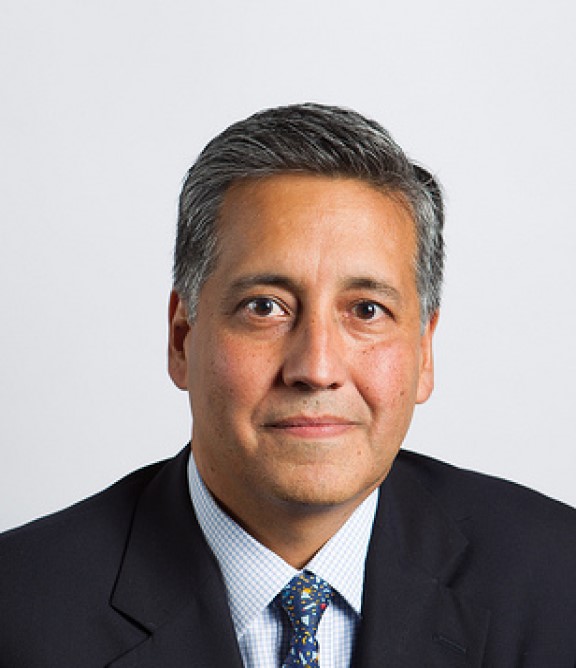
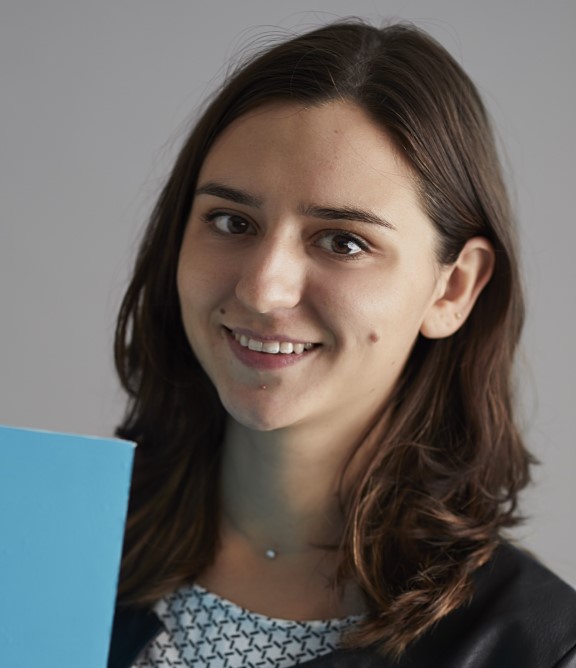
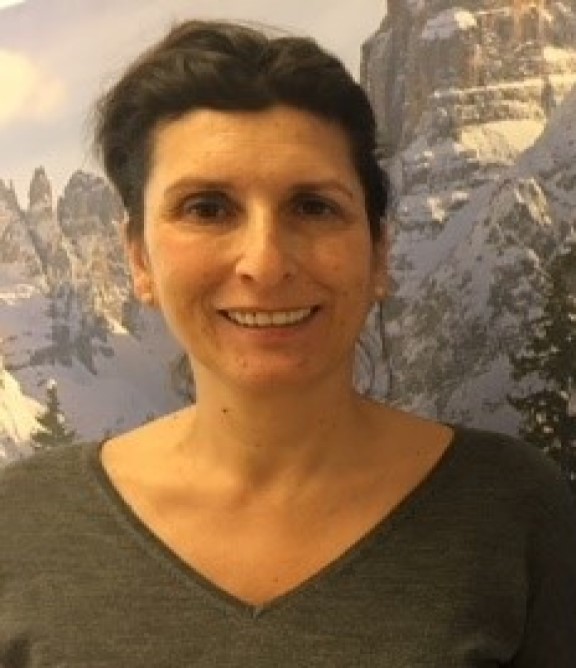
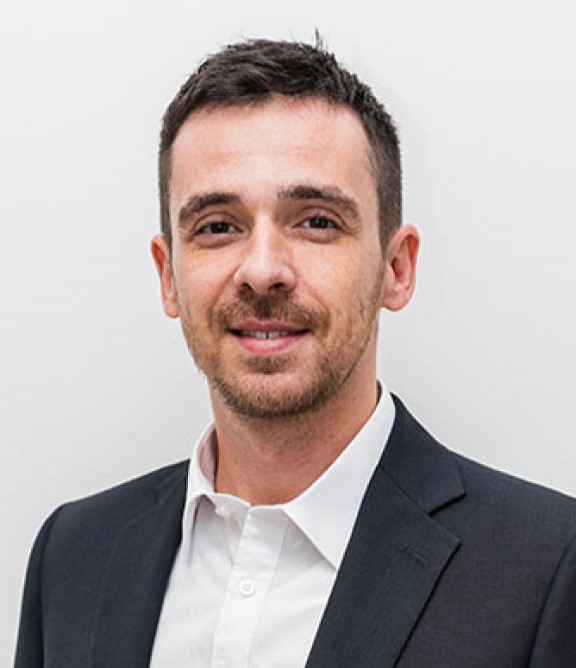
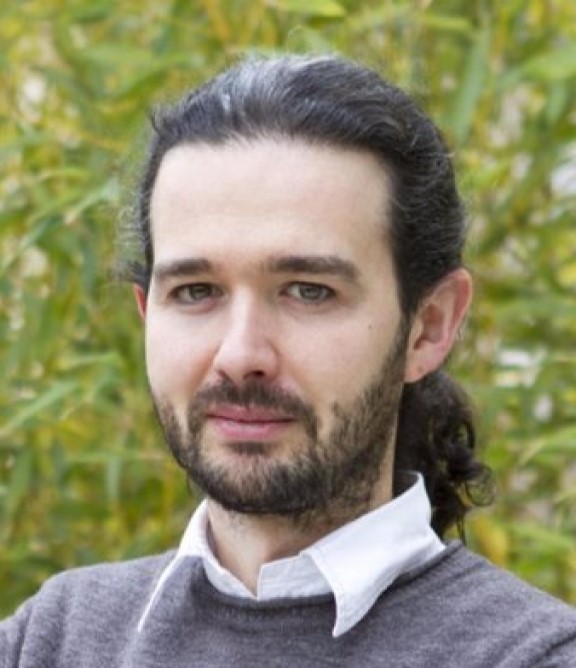


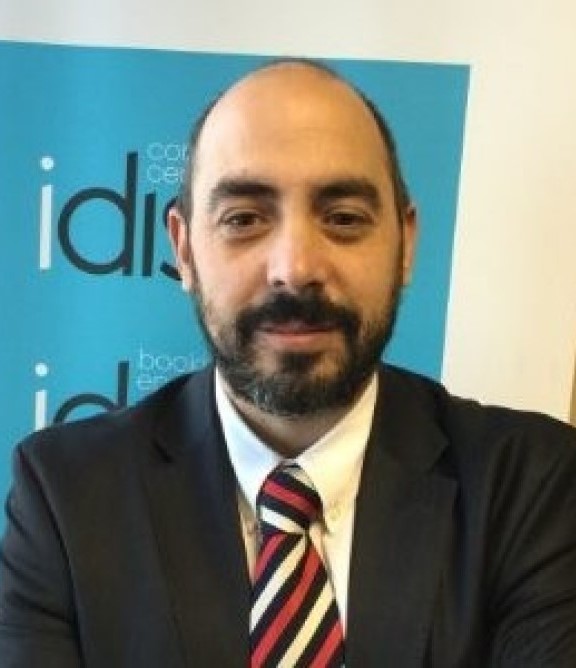
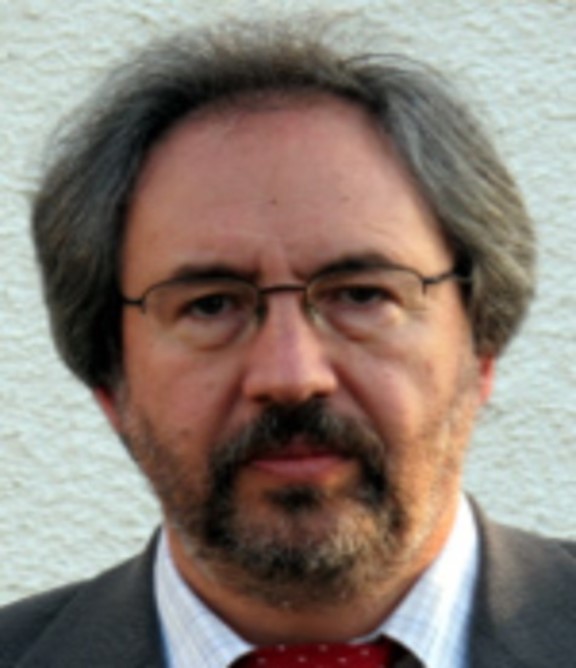 Nikolaos Matsatsinis
Nikolaos Matsatsinis